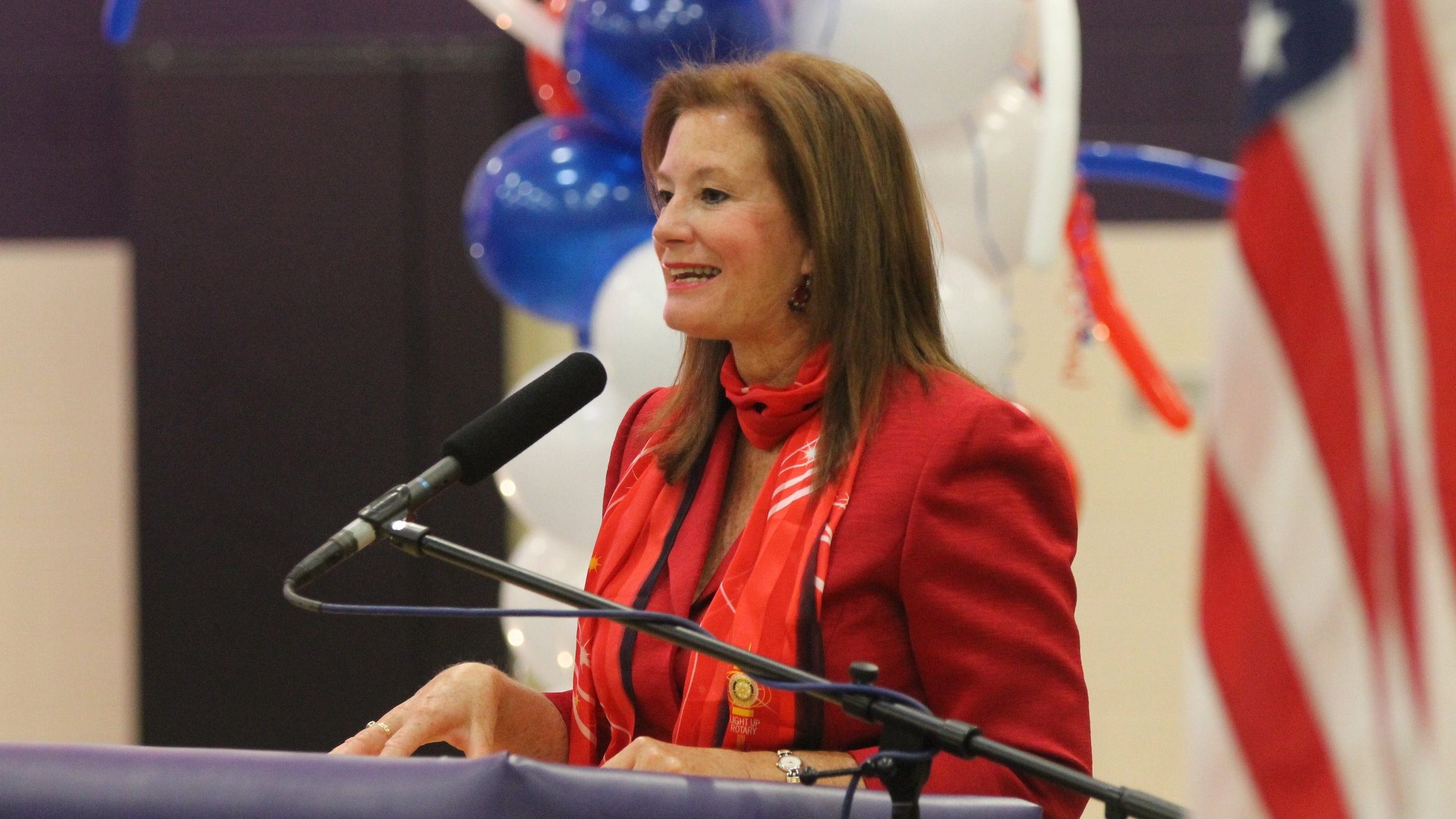|
Getting your Trinity Audio player ready...
|
Two of three controversial education bills were given favorable reports out of the House Education Committee on Wednesday – one that reworks the governance of Alabama charter schools and another that aims to streamline the pathway towards teacher certification for those without education degrees who would like to transition into teaching roles.
A third bill – a school choice bill dubbed the “PRICE act” – was the subject of a public hearing and did not receive a vote.
The majority of Wednesday’s meeting, despite the public hearing, was dominated by discussion of a bill sponsored by Susan DuBose that seeks to make it easier for certain professionals, who already have a bachelor degree from a four-year, accredited university, to achieve state certification by taking targeted courses focused on a specific area of teaching.
For example, DuBose said during the meeting, a person with a background or work history in science might choose a course devoted singularly to biology. Very quickly, taking only the biology course of study, that person could achieve certification to teach only biology at a public school.
“I’m just looking for a way to attract quality individuals and also address the teacher shortage in this state,” DuBose said. “I believe this is a good way to do that.”
Other lawmakers on the committee had concerns – primarily that the certification track in DuBose’s bill didn’t require any sort of in-classroom instruction or even monitoring.
“To me, that’s a big problem,” House Minority Leader Anthony Daniels said to DuBose. “I was a teacher myself for a number of years and there’s just no replacing that component of our certification process. Without it, I feel like we’re going to be allowing people with very little experience in the classroom to be practicing on our kids. That’s not good.”
DuBose said she was open to an amendment that would address that deficiency. But even without it, the bill was given a favorable report by the committee.
Charter Schools
Education committee chairwoman Rep. Terri Collins also saw her bill, which addressed governance of Alabama’s public charter school system, pass out of the committee. A public hearing was held on the bill last week, and many of the issues raised by both proponents and opponents of the bill were subsequently written into a substitute version of the bill.
The sub was approved by the committee, and it contained, among other changes, that the minority party leaders in both houses would have nominating power for a seat on the Charter School Commission and that local boards would be given 15-days notice before an appeal hearing was held for a charter school application the local board denied.
Collins said she felt like the new version of the bill addressed most major concerns, but that she expected more debate on the House floor.
PRICE Act
The PRICE Act still hasn’t received a committee vote, and its prospects are dimming by the day. Wednesday’s public hearing on the bill – the second on the bill, which went through a senate public hearing last week – laid out why: There are still huge oversight issues with the bill, which are unlikely to be overcome this session.
The bill would provide $6,900 tax breaks for parents who are opting to send their children to private schools or who are homeschooling their kids. But as proponents praised the flexibility and parental rights aspects of the bill, opponents highlighted the glaring problems: public tax dollars would flow to private businesses that are largely unregulated, don’t adhere to the same standards as public schools, aren’t tested in the same manner and aren’t subjected to even the most basic forms of financial oversight of public tax dollars.
“I’d love to be judged against the private schools who will be getting these public school funds,” said Saraland Superintendent Aaron Milner. “Unfortunately, this bill doesn’t allow us to keep score. They don’t have to follow most of the rules we follow.”
AEA’s Allison King pointed out that oversight is so lax in the bill that it would allow tax dollars to be spent on a variety of things, such as travel baseball and Space Camp.
After 10 speakers on the bill, Collins announced that the committee was out of time for the day and held discussion on the bill until next week. It’s unclear if the committee will vote on the bill at that point. A senate committee last week delayed its vote and instead sent the bill to a different committee for consideration.




















































